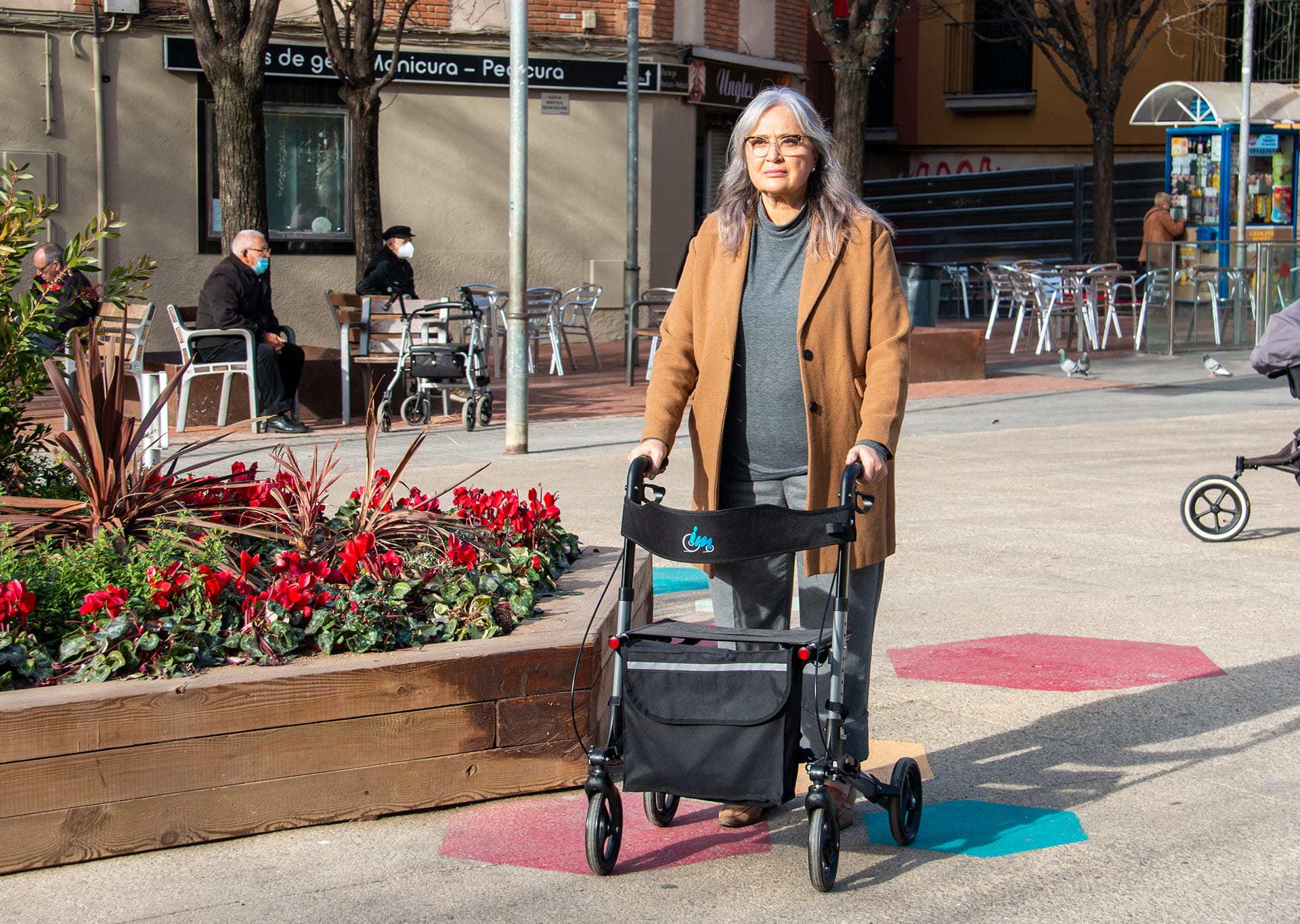
Combating spring allergies in seniors
Spring is one of the most beautiful seasons of the year, characterized by the blossoming of nature and the rise in pleasant temperatures. However, for many people, it also represents a challenging time due to seasonal allergies. Older adults and those with limited mobility are especially vulnerable to the effects of pollen and other allergens, as they may have weakened immune systems or difficulty avoiding exposure.
Spring allergies can cause bothersome symptoms such as sneezing, nasal congestion, itchy eyes, and difficulty breathing, affecting quality of life and overall well-being. Adopting effective prevention and treatment strategies is essential to minimize these effects and allow seniors to enjoy this season without discomfort.
Tips to prevent allergy symptoms
The first step in combating spring allergies is to reduce exposure to the most common allergens, such as pollen. To achieve this, it’s helpful to keep windows closed during peak pollination hours, which are typically in the morning and early evening. Using air purifiers with HEPA filters in your home helps remove pollen particles, dust, and other allergens from the indoor environment. Additionally, changing clothes and showering after spending time outdoors can prevent pollen from accumulating on your skin and hair.
Another important measure is to clean indoor spaces frequently. Using vacuum cleaners with high-efficiency filters and cleaning surfaces regularly prevents allergens from accumulating. If you have plants in your home, it’s crucial to keep them dust-free, as this can aggravate allergy symptoms. It’s also advisable to avoid moisture buildup in bathrooms and kitchens, as this can promote the growth of mold, another common allergen.
Using medications and natural alternatives
Regarding symptom management, antihistamines and decongestants recommended by a doctor can be an effective solution for controlling itching, sneezing, and nasal congestion. Older adults should consult their doctor before using these medications, as some may interact with current treatments.
As natural alternatives, herbal teas such as peppermint or ginger can relieve mild respiratory discomfort. Saline nasal sprays are helpful for clearing the airways without side effects. Wearing a face mask when outdoors is also a good idea, as these block a large number of airborne allergens.
The importance of diet and hydration
A balanced diet can play an important role in reducing allergy symptoms. Eating foods rich in vitamin C, such as oranges, kiwis, and strawberries, helps strengthen the immune system and reduce inflammation. Omega-3 fatty acids, found in fish such as salmon and nuts, have anti-inflammatory properties that can benefit those who suffer from seasonal allergies.
Staying well hydrated is also essential, as water helps keep nasal mucous membranes moist and flush toxins out of the body. Drinking plenty of fluids, such as water, natural broths, or herbal teas, can soothe throat irritation and reduce nasal congestion.
Safe outdoor activities
Although spring can be challenging for people with allergies, it doesn’t mean they should completely give up enjoying the outdoors. It’s advisable to plan outdoor activities during times when pollen counts are lower, such as after a rainstorm or in the afternoon. Wearing sunglasses and masks can reduce direct exposure to allergens and make outings safer and more enjoyable.
Additionally, opting for walks in areas with less vegetation containing suspended pollen, such as parks with low-allergy trees or areas near the sea, can be a good alternative. You can also consider gentle indoor exercise to stay active without overexposure to allergens.
Conclusion
Spring allergies can be a challenge, especially for older adults or those with limited mobility. However, with a combination of preventative measures, good nutrition, a clean environment, and appropriate treatment, it is possible to minimize their effects and fully enjoy this season.
Using technologies such as air purifiers, adopting healthy habits, and consulting with medical professionals can make a big difference in the quality of life of allergy sufferers. Staying informed and taking precautions allows you to face spring with greater comfort and well-being, ensuring that this season remains a time of enjoyment and renewal.
Prevention and ongoing care are key to reducing the long-term effects of allergies and improving the quality of life of older adults. With a comprehensive and proactive approach, it is possible to turn spring into a season of joy, without allergies becoming an obstacle to well-being and daily activity.








